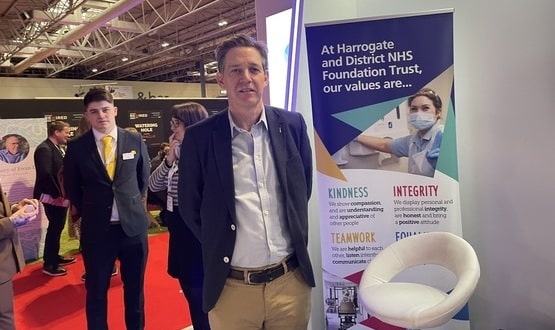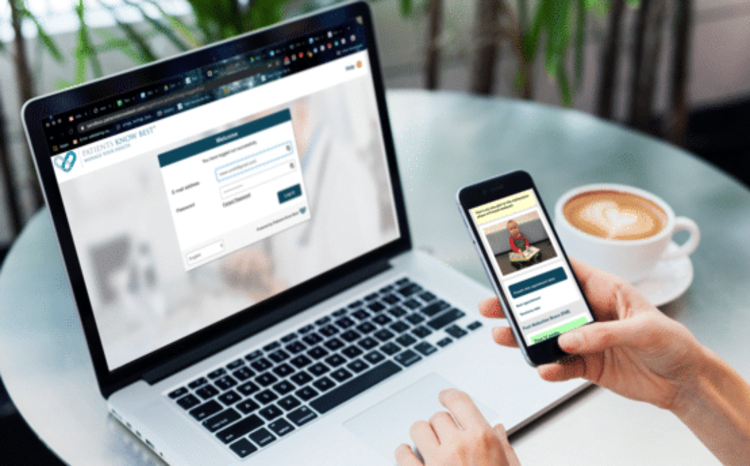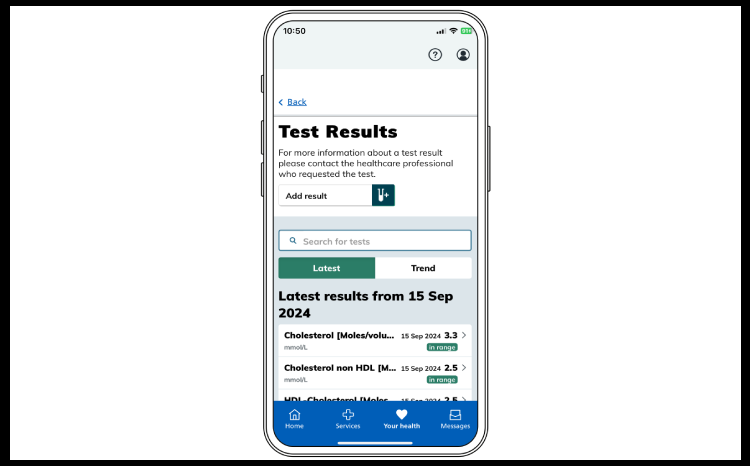Harrogate surgeon develops personalised videos for post-op patients
- 22 March 2024

It’s a common issue for doctors who regularly do outpatient surgery: they brief their patient on the scope of the surgery and instruct them on next steps before discharging them home, yet in many cases, the messaging fails to land.
As the anaesthesia wears off, many patients are unsure what they have been told; the result is often time-consuming and costly follow-ups that are often unnecessary. Many also end up in GP surgeries, putting additional pressure on primary care.
Given the stress of day surgery, and the effect of pain relief, it is “unrealistic” to expect patients to remember what they have been told immediately afterwards, says David Duffy, a consultant orthopaedic surgeon at Harrogate & District NHS Foundation Trust.
Indeed, research over the past two decades suggest that 80% of patients remember speaking to their surgeon after their procedure, but 75% felt they needed to make another clinical appointment to clarify what was said. Duffy added that 95% of these patients were under the age of 65, meaning the additional appointments were likely to require time off work. He thought he had the answer.
Duffy, who specialises in knee surgery, describes his solution as a “patient communications project”. Speaking to Digital Health News on the sidelines of Rewired24, Duffy said he began recording personalised video messages that are under a minute long for patients, explaining the procedure they have had done, the realistic expectations for recovery and any additional information the patient needs. The messages are sent using the Patients Know Best platform, which was already being used in Harrogate.
In addition to the more personalised information, the videos address the most common questions patients tend to ask, such as when they might be able to resume driving or going to the gym. Since the video project was initiated 18 months ago, only 15% of day surgery patients feel the need to come back for a follow-up appointment.
Duffy said the idea for the personalised videos was germinated by watching his children’s generation consuming much of their information from sites such as Tik Tok and YouTube channels.
The video messaging project has expanded from knee to shoulder and hand surgery and is now being taken up by the trust’s gynaecologists and general surgeons. Consultants can take any tablet device with the necessary hardware, log onto the PKB platform, choose the patient and record the videos within 90 seconds, Duffy said. The project now has support from NHS England and could be rolled out soon to other hospitals within the Humber and North Yorkshire Integrated Care Board.
“It’s a very simple idea that actually requires very little capital investment for an organisation apart from the tablets, and depending on the app that you’ve got, but it has the potential for significant cultural change and an impact on reducing follow-ups,” Duffy added.




